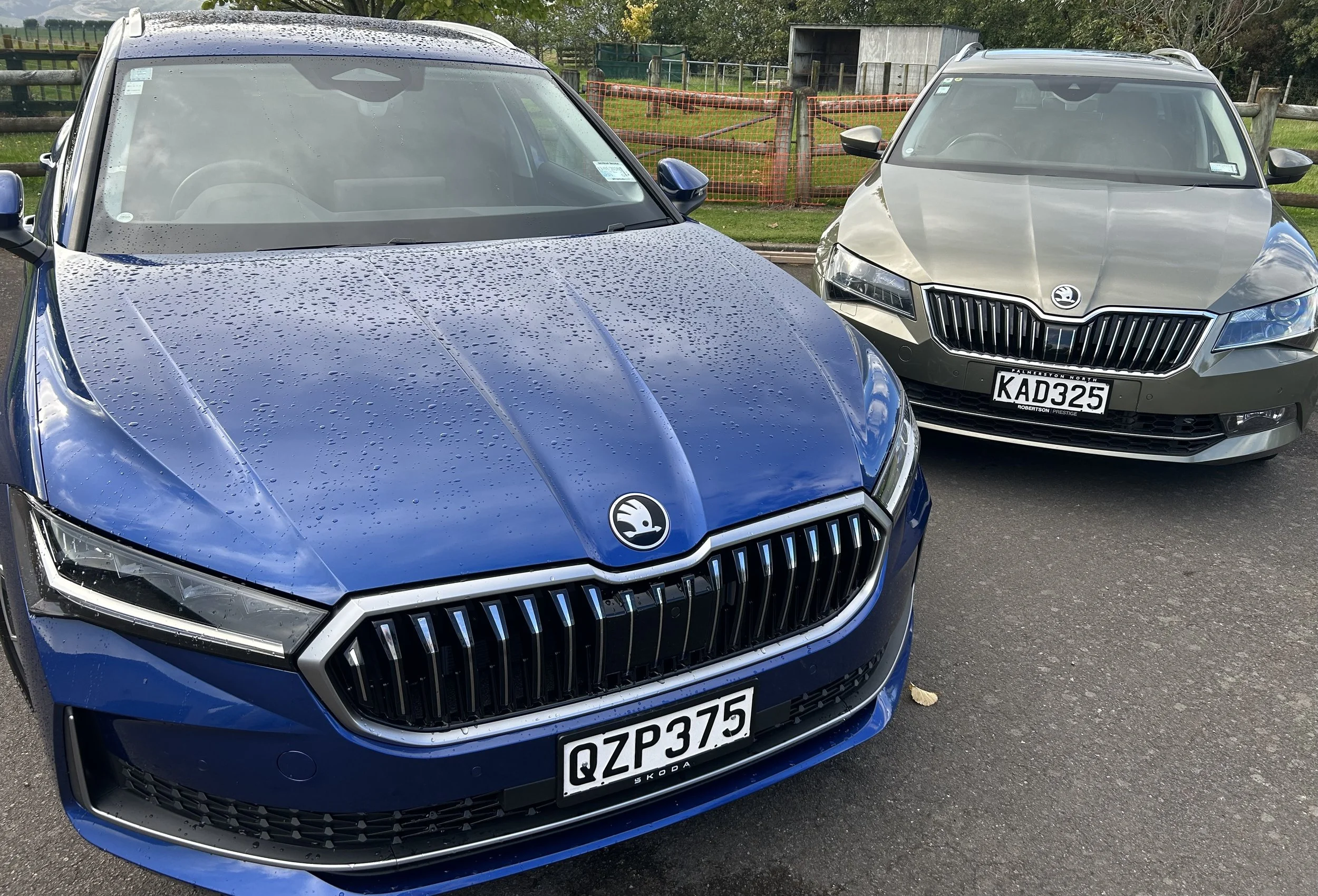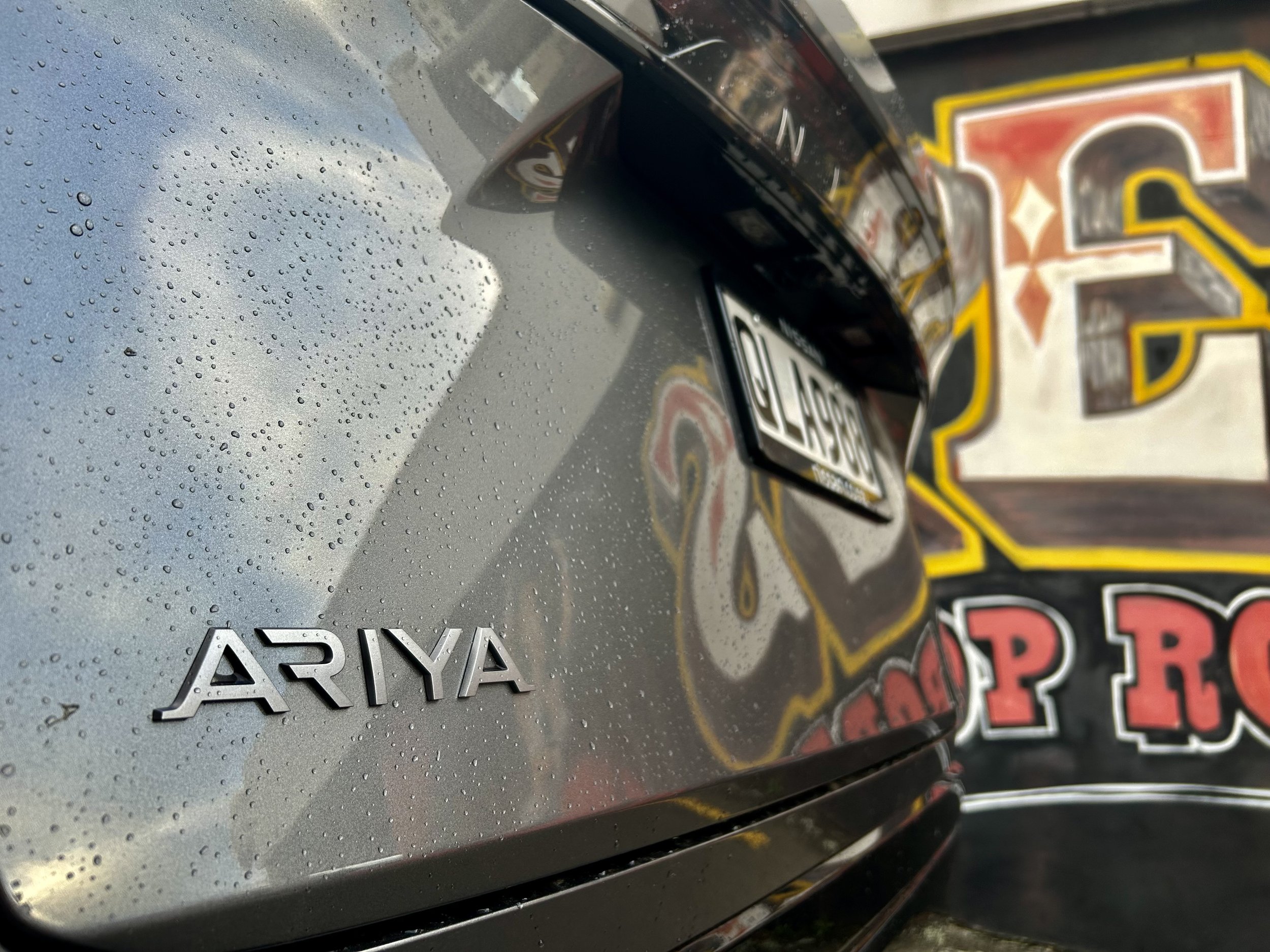Toyota tops, Lexus climbs
/Even with full registrations data yet to come out, there was never any doubt who led the way in 2023.
MAINTAINING as the country’s top selling new car brand in 2024 was much less a surprise for Toyota New Zealand - being its 37th year in that position - than its luxury arm rising to second in the premium category.
Lexus New Zealand says its 1328 all-of-year registrations was a record that, local boss Andrew Davis says, can largely be attributed to customer appreciation of its expanding electric-involved product range and to a proactive dealer network.
The brands have released counts ahead of the official availability of 2023 data for all new vehicle distributors.
Availed from Government and traditionally then collated and relayed by the Motor Industry Association, these are expected to show the year as being tough for all new vehicle sellers, with some expected to deliver significant drops in volume.
The biggest might well be in the pure electric sector, which was hammered.
It is already known that while Tesla maintained as the EV sector giant, it held that position with just 1287 registrations. In 2023, it dominated with 4906. Two other big performers of 2023, MG and BYD, were totally savaged last year; BYD achieved just 686 registrations, against 3725 the year prior.
Lexus having asserted itself to be the second highest selling luxury brand of last year seems to cement thought that it has bounced all but one of the big three Germans that have historically kept the Japanese make at bay.
BMW appears to have maintained as the category winner; while its December figures have yet to reveal, at end of November it had 1327 registrations - so conceivably would have only had to plate up two more last month to hold No.1.
Audi and Mercedes Benz were in peril at end of November; at that point the first had 1031 cars registered. Mercedes claimed 2276, but that includes their commercial vehicles.
Davis has meanwhile praised the commitment of its Lexus dealership partners for a registrations tally that was 306 units above its 2023 count.
The final result also stood as a big surge over where it stood in November, when - with 1189 registrations bagged - it was lagging on the 2023 year to date figure, of 1209.
“It has been another incredible year of growth in the Lexus dealer network, with some completing new builds or embarking on substantial renovations,” he explains.
“We have been delighted in the way our dealership partners have been standing behind the brand; their commitment has brought overall success.”
TNZ, meantime, maintained its new car sector domination with 31,520 units - a 839 shortfall on last year’s tally - but still well clear of any other make.
The brand says its result is a reflection of the trust and loyalty Kiwi drivers have towards the Toyota name and its vehicles.
Toyota’s top seller for last year was the RAV4 (above), also the country’s best selling passenger model, but not the top performing new vehicle.
The latter status went, for an 11th successive year, to Ford Ranger, which had a stellar December, with yet to be substantiated talk of 1400 registrations for the ute.
Tatsuya Ishikawa, TNZ’s acting chief executive, says his brand’s result highlights Toyota’s connection with New Zealanders.
“At Toyota New Zealand, we are incredibly proud to have earned the loyalty and trust of drivers for so many years,” he adds.
“Being New Zealand’s number-one car brand is an honour, and the success of the RAV4 this year shows that Kiwis value vehicles that deliver reliability, performance, and practicality.”
Toyota sees the performance as being positive proof of of how attractive hybrid models are to the market, reminding that vehicles with electric-involved drivetrains accounted for 77.2 percent of its volume last year.
Toyota’s sole all-electric car, the bZ4X, contributed to this tally, but not significantly, with just 105 registrations. Lexus’ electrics, which include the RZ that relates closely to the bZ4X - same platform, different body - ran up 120 registrations.
Palmerston North-based TNZ says it cut its average emissions by five percent year on year to 156g of carbon dioxide (CO2) per kilometre.
TNZ says it retained a strong focus on its sustainability journey in 2024, reaffirming its commitment to carbon reduction targets.
“Our focus is not only on delivering great vehicles but also on creating a better future for New Zealand,” said Ishikawa.
“Sustainability remains at the heart of everything we do, from improving the efficiency of our vehicles to reducing our operational footprint.”

















